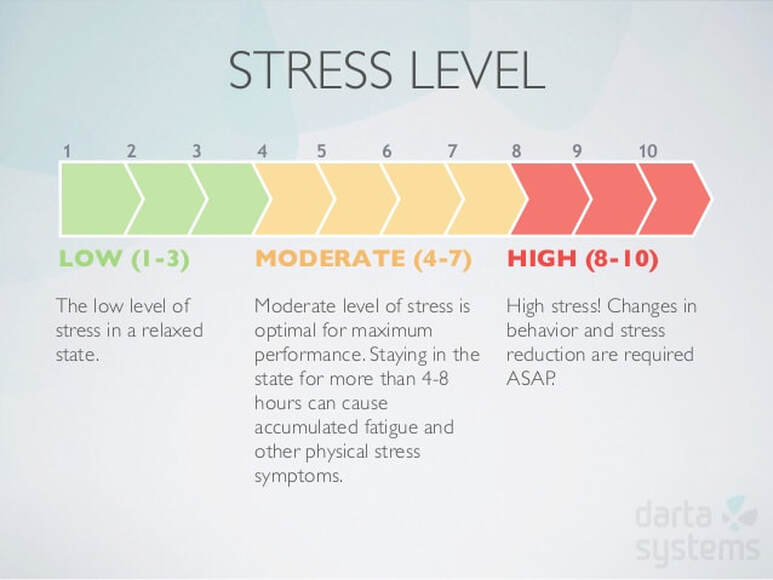Healthy aging is influenced by the genetics we inherit, but above all the habits we acquire throughout life. They help us to live longer and better
Extreme longevity, those who reach 100 years, has to do with genetics, but healthy aging (reaching 70-80 with the immune system of a 40-50 adult) has more to do with our habits. What we do throughout our lives is relevant when it comes to how we are going to age. According to several studies, genes represent 20% of longevity. However, up to 80% depends on other factors. This is what you have to do to arrive as late as possible.
1. Diet: being overweight alters the immune system
There are no known cases of obese centenarians. Being overweight generates a lot of inflammation and alters our defenses. Eating in excess is bad, but eating badly is also bad, so you have to control what you eat and how much you eat. You have to reduce sugary and processed foods, control the consumption of red meat and, above all, eat foods rich in antioxidants (vegetables and fruits, legumes and cereals), which also have anti-inflammatory power.
Over the years, in addition, you have to decrease your caloric intake. From the age of 35-40, the Spanish Society of Cardiology (SEC) recommends reducing 10% of daily calories per decade. Reducing calorie intake has two effects:
In the first place, the production of oxidizing substances that we take through food, or that we generate during ingestion, especially from fats, is reduced.
But secondly, this restriction causes a metabolic reprogramming of the body, reducing the risk of heart disease, diabetes, and other diseases.
2. Exercise: reaching 80 with a metabolism of 30
In general, exercise is related to a lower incidence of cardiac risk, muscular improvement, and good oxygenation. Although it is important to do it constantly throughout life, there are also studies that show a significant improvement in the cognitive abilities of people who started practicing it in their middle age. The same happens with the intensity of physical activity.
It’s true that moderate aerobic exercise benefits people of all ages, but research from a couple of years ago by scientists at King’s College London and the University of Birmingham in the UK showed incredible results for those who they work the body “a little more”. Specifically, these researchers followed 125 80-year-old long-distance cyclists who had been practicing this sport all their lives and discovered that the vast majority had immune systems for about 30 years.
But you don’t have to do intense resistance exercise to get benefits. The mere act of going for a run, brisk walking, or making sure you take 10,000 steps a day activates skeletal muscle and stimulates macrophages, cells that detect and destroy harmful organisms.
3. Vaccines: a stimulus for the defenses
Defenses break down with age (there is a decrease in virgin T cells, which are the ones that defend us from new infections) and, therefore, we respond worse to new antigens. It is essential to start vaccinating when you are young when the body is capable of responding to these antigens efficiently and strongly. With each vaccine we stimulate the immune system, we generate a response that will protect us when we are old.
Why get vaccinated and vaccinate your children
4. Stress: a lot is bad, but a small dose helps
Some things that objectively can be somewhat “negative”, such as stress —cortisol, the hormone we release when we are stressed, inhibits the immune system—, in small amounts they can be beneficial for us by generating greater defenses.
It is the basis of what is called “hormesis”, small stresses that help us to better cope with the big ones. Hormesis is generated by physical exercise, diet, going out to interact with friends, reading, and studying, among many other things. All these activities place small stresses on the body (which has to regulate the temperature, use different sources of energy or spend resources, for example, for concentration) which, when moderate, make us have better defenses and slower aging.
5. Happiness: mood influences
Being able to achieve that long-awaited longevity requires maintaining adequate health, and this depends on the teamwork of our homeostatic systems (nervous, endocrine, and immune), which are in constant communication. Science has proven that there is a connection between longevity and happiness. When we feel sad, lonely or have negative emotions, our immune system deteriorates, and therefore we are more susceptible to infections.








